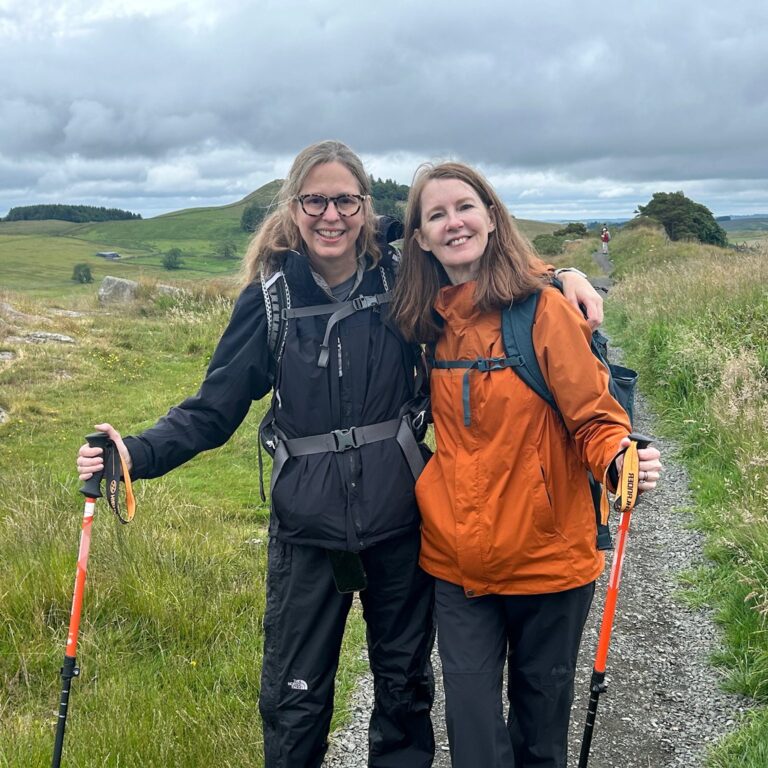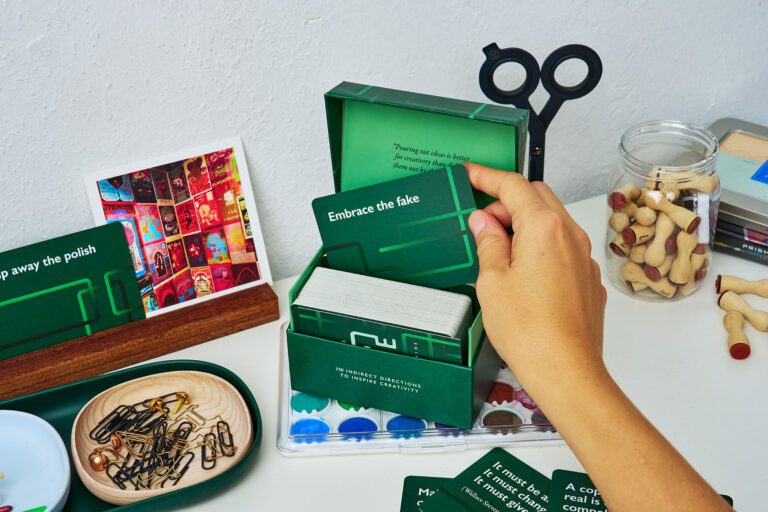I’m working on a book about the body and the five senses. What a delight to investigate the senses!
For too long, I’ve treated my body like the car my head is driving around town, and my prediction was that by getting back inside my body by systematically exploring my senses, I could shake my mind awake.
I’ve done this kind of self-experiment before. I know I’ll never magically outgrow myself; this life is my actual life, and if I want to change, I must make a change. I experiment on myself, because I don’t need the Hubble Telescope — I’m my own guinea pig to explore the world through the senses.
But first I had to face the question: What exactly did I mean by the “senses?”
We all know the five senses—what could be called the Aristotelian Senses or maybe the Kindergarten Senses: sight, hearing, smell, taste, and touch.
In recent times, researchers have identified additional, more hidden senses. A sixth major sense (not counting ESP or seeing dead people) is balance, the vestibular sense which tells us of our body’s alignment. Another is proprioception, which is our sense of body awareness. Interoception and visceroception tell us what’s going on inside our bodies. There’s chronoception, nociception, thermoception…some experts argue for the existence of as many as 21 or even 33 additional senses. We don’t properly appreciate the contribution of these senses, because they run in the background, and like a heartbeat or breathing, typically we become aware of them only when they break down.
These additional senses all play concealed but crucial roles in our experience, but there’s something special about the Big Five. I’m fascinated by these five senses—what I call the ambassador senses, because they’re the senses most obviously supplying us information about the world. And while the additional senses are more subtle, each ambassador sense is clearly matched with a particular organ of the body, and we easily grasp how it supplies its information.
I wanted to understand the ambassador senses better—not the mechanisms of how they work or why they evolved a certain way, but rather, how to use my senses to make my life richer and fresher.
My five senses and brain work hard to present the world to me, and it’s surprising to realize just how artful and manipulative these five ambassadors can be. It seems as if I’m experiencing the world simply and directly through my five senses, when in fact, I’m receiving a highly edited report from diplomats on a secret mission.
Because I can’t understand a textbook where every sentence is underlined, my brain constantly sifts, selects, and omits, and when information is incomplete or unintelligible, my brain makes educated guesses.
In some cases, the brain struggles to process the information provided by the senses. With a sensory processing difference, a person might find that certain sensations feel uncomfortably overwhelming—or barely register. Sensory processing differences are significant conditions that require careful attention and treatment, and studying their causes and care often sheds light on how the senses work together.
To allow me to make sense of the world, the five ambassadors consult and coordinate their reports. Yogurt feels creamier in my mouth if I eat from a heavy bowl, my drink tastes sweeter if I see that it’s red, potato chips taste fresher when I hear a louder crunch, I enjoy music more when I feel the beat.
My five senses are particularly alert for any change in my environment, because change might mean danger or possibility. A bird’s flight catches my eye, but I don’t notice a rock. I feel something as light as an ant crawling across my ankle—but I can’t tickle myself. As soon as a sensation becomes familiar, I ignore it, so after a few moments, I won’t register the feeling of my cotton t-shirt against my arms, and I can’t taste my own saliva.
My five senses anchor me in the present moment. I can’t bookmark them, I can’t save them for later, or even hang onto them for very long. I have to experience them now.
And of course I live in my own unique body, the one assigned to me by destiny and shaped by my actions and history. As writer Zora Neale Hurston observed in Dust Tracks on a Road (Amazon, Bookshop), “Every man’s spice-box seasons his own food.” With my senses, I’d experience the world differently if I were color-blind, pregnant, a super-taster, a smoker, a synesthete, a bird-watcher, spoke a tonal language, or had a bad experience with tequila in college.
Because of the human tendency toward “naïve realism,” it’s all too easy for me to assume that what I experience—sight, hearing, smell, taste, touch—reflects the objective truth about the world, when in fact, like a donor in a medieval triptych, I insert myself into the center of the action.
It’s strange and beautiful to realize that I make the world. My brain sits in a numb, dark silence, waiting to receive countless electrical messages sent by its five ambassadors as they move through my surroundings. And in that outer world, there’s no color, no music, no scent until those ambassadors return to court, to deliver those messages for interpretation—and then the world bursts into life.
I wanted to pay attention to paying attention; in the end, I can experience only myself. What I think I experience is in part my own invention.
I decided systematically to study the five senses, and with each sense, I’m challenging myself to different exercises:
- Experiments—science-lab type experiments in how the senses operate, such as taking the Smell Identification Test from Sensonics International; YouTube is a treasure trove of sensory experiments, like this video on the McGurk effect)
- The Daily Visit—visiting the Metropolitan Museum daily (when possible)
- The Reboot (a cycle of indulge-deprive-cure-confound for each sense)
- The Class—if I put more into it, I get more out of it, so for instance, I took a cheese class
- Creation—I challenge myself to construct a physical object inspired by that sense; for instance, for “touch,” I turned my “Undirected Directions” into a pack of cards and for “hearing,” I wrote a “Manifesto for Listening”
- Adventure—like traveling to Illinois to attend FONA’s Flavor University
- Festivity—some fun social activity involving that sense, such as using flying wish paper or giving someone a “sensorium gift“
Of course, the pandemic has affected what I’ve been doing. For instance, the Met was closed for months, so of course I didn’t make a daily visit. I realized more acutely than ever the power of the sense of smell, as I read accounts of people who lost their sense of smell as a symptom of COVID-19. I’ve been finding a lot to do, even in the context of the pandemic.
Although I started this experiment with the hope that exploring my five senses would boost my feelings of vitality and creativity, I’ve been astonished by how effective this approach is. I do feel far more energetic and creative.
And I’m having so much fun! It’s so playful.




